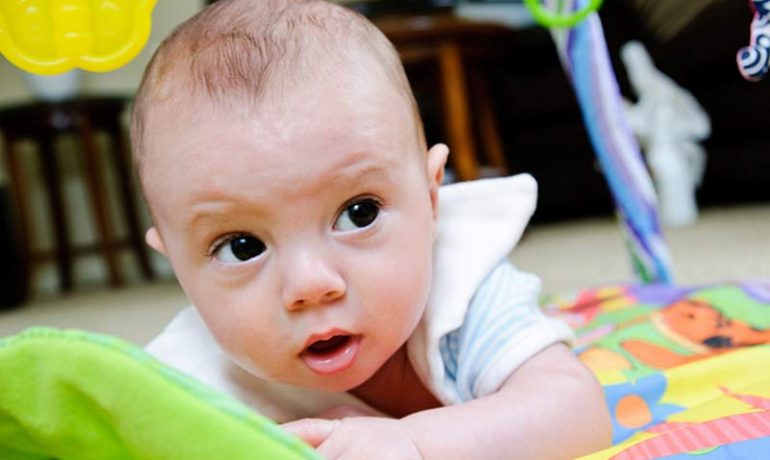This remarkable headline appeared in The Guardian on Wednesday: Genetically modified babies given go ahead by UK ethics body. The subhead: The Nuffield Council on Bioethics says changing the DNA of a human embryo could be ‘morally permissable’ if it is in the child’s best interests.
So, we have finally arrived at the juncture.
As I've said in the aftermath of my book Biohack, it's up to each of us to begin thinking about what the new genetics herald for humanity. Do we draw a bright red line at no use of germ-line genetic editing, ever? Or do we begin a global conversation about when it's permissible? We're still fumbling for the right vocabulary, grasping at the edges of these difficult issues.
From the article:
The creation of babies whose DNA has been altered to give them what parents perceive to be the best chances in life has received a cautious green light in a landmark report from a leading UK ethics body.
The Nuffield Council on Bioethics said that changing the DNA of a human embryo could be “morally permissible” if it was in the future child’s interests and did not add to the kinds of inequalities that already divide society.
The report does not call for a change in UK law to permit genetically altered babies, but instead urges research into the safety and effectiveness of the approach, its societal impact, and a widespread debate of its implications.
“It is our view that genome editing is not morally unacceptable in itself,” said Karen Yeung, chair of the Nuffield working group and professor of law, ethics and informatics at the University of Birmingham. “There is no reason to rule it out in principle.” ...
DNA editing also raises the possibility of “designer babies”, where the genetic code of embryos created through standard IVF is rewritten so that children have traits the parents find desirable. The Nuffield report does not rule out any specific uses of genome editing, but says that to be ethical, any applications must follow the principles of being in the child’s interests, and have no ill-effects for society.
Jackie Leach Scully, professor of social ethics and bioethics at Newcastle University, and a co-author on the report, said heritable genome editing may one day become an option for parents “to try and secure what they think is the best start in life” for their future children.


